Empowering young learners from day one
The Early Childhood program is designed to engage curious learners ages 3-5. The Teton Valley Campus Early Childhood Program draws from Place-Based, Play-Based, Nature-Based, Reggio Emilia, Inquiry Driven, and Project-Based pedagogies. Through these integrated pedagogies we foster a holistic approach to the child’s social-emotional, physical, and cognitive development.
Early Childhood
Philosophy
We pursue an authentic educational approach grounded in the idea that children are competent, rich in potential, and capable of being the protagonists of their own learning. The multi-age preschool classroom focuses on the interests of the students, with teachers facilitating and guiding the process. Families are viewed as partners, empowered by teachers in supporting their children and through invitations to share their passions and family cultures with our classroom community.
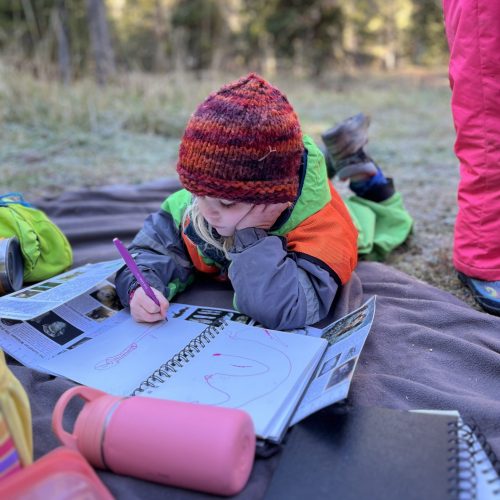
Academic Engagement
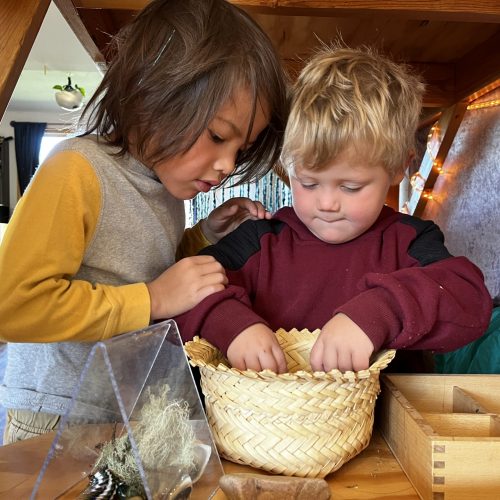
Character Development
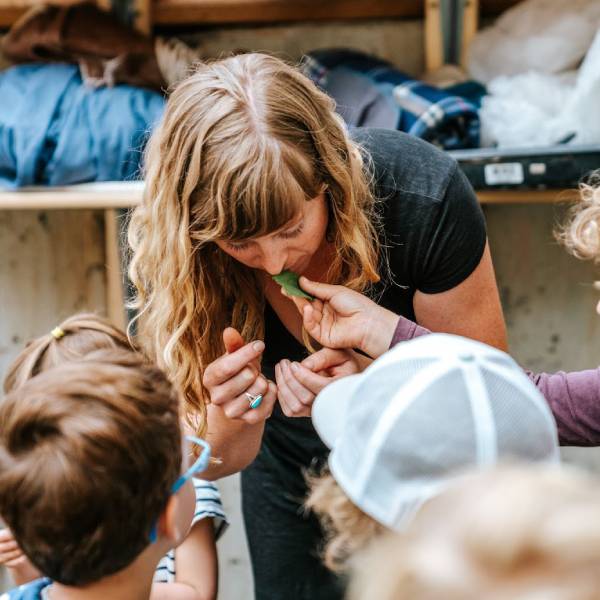
Community Focus
“Before we sent our kids here, I couldn’t really imagine why everyone talked about Mountain Academy being such a unique experience from other preschool programs. But it is truly a magical place. My kids literally run into the classroom in the morning and come home chattering away about all their adventures outside. I think the focus on independence and letting kids guide their learning has led my once-shy toddler to be a more confident little girl who can even write her name already. It just blows me away.”
Preschool Parent '36
Guiding Principals of our
Approach to Early Childhood Education
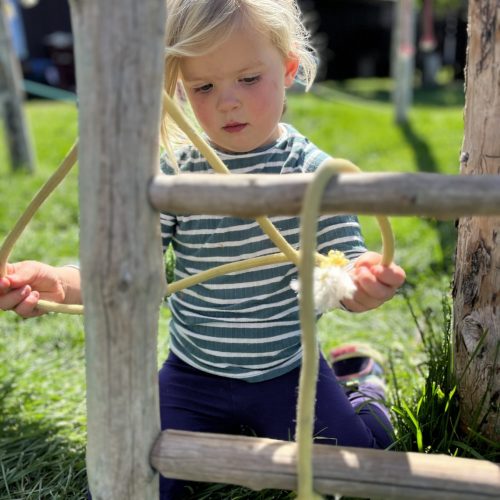
Image of the Child
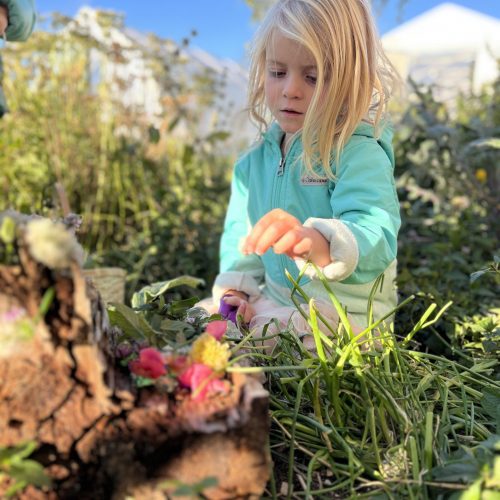
The Role of the Environment
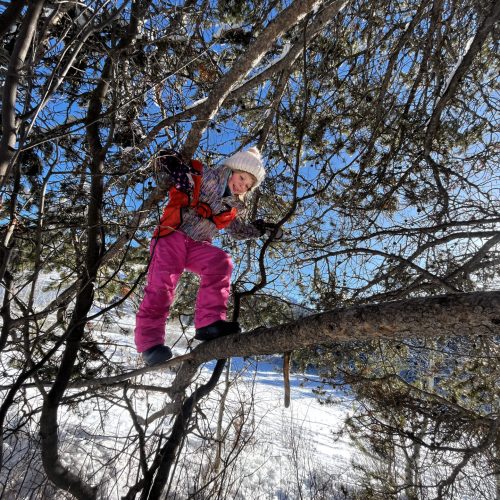
Woods Days & Outdoor Exploration
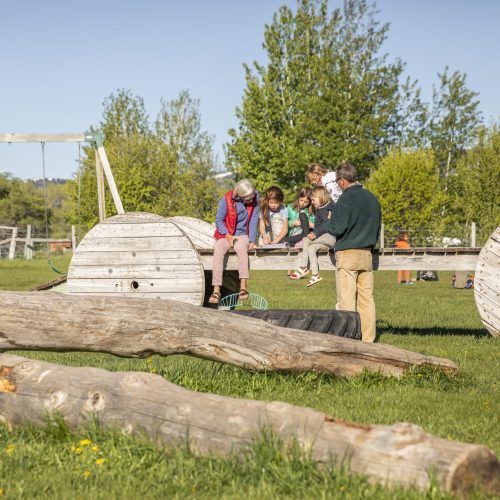
Image of the Family
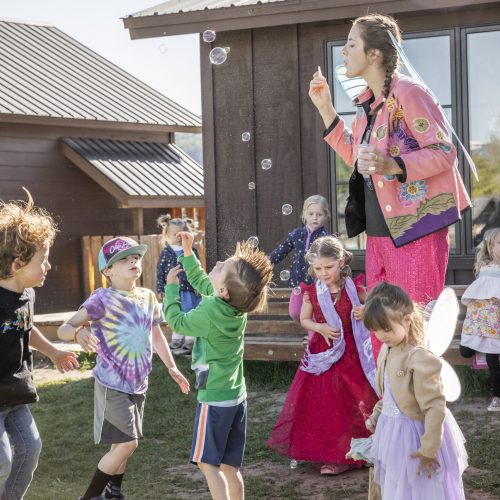
Teachers as Researchers
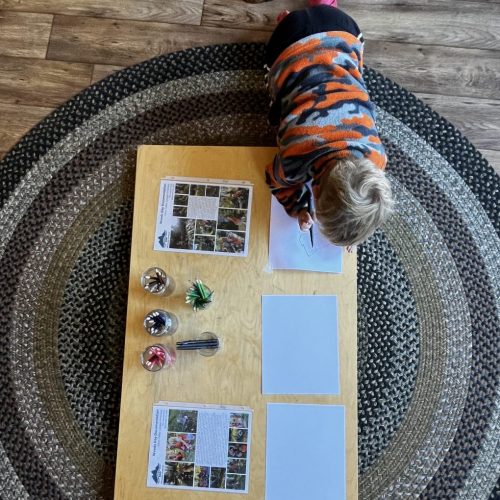
Documentation
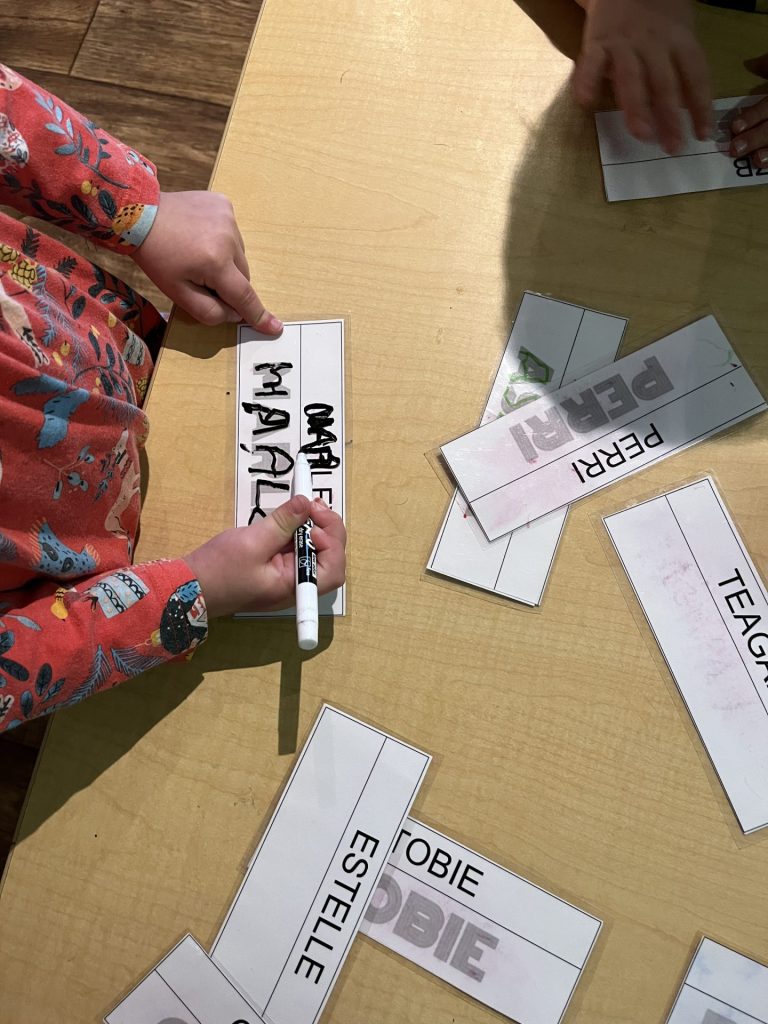
About Our Schedule
Early Childhood
(Sample daily schedule)
8:00 – Settling in – begin in the play yard in fall & spring, classroom in winter
9:00 – Morning Meeting
9:20 – Morning Snack
9:30 – Indoor Explorations & Project Work
10:45 – Transition to Outdoors
11:00 – Outdoor Explorations
12:00 – Lunch
1:00 – Rest Time
2:00 – Outdoor Play & Afternoon Snack
3:05 – Pick Up
